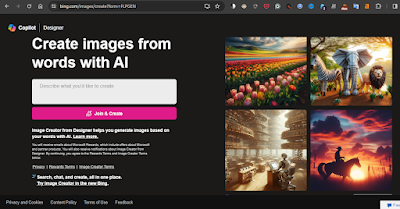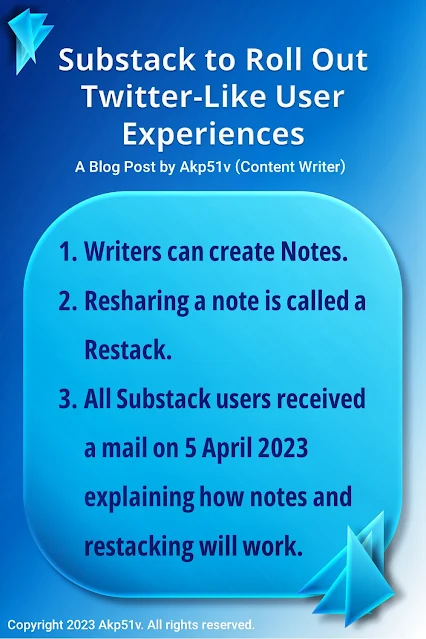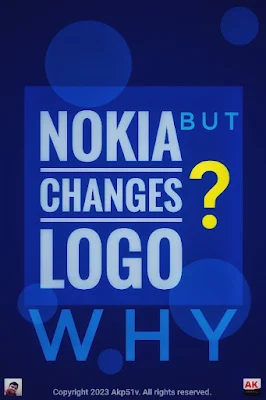Adaptable and Flexible Writing Matters Too | SMD Akp51v
Immaturity is inevitable in our earlier works. It doesn't matter which industry we serve, how young we are (not), or where we may be located on this globe of the rising sea levels and the melting glaciers. Mr. Over-smart reporting here... his chronicles of being too stubborn or strict with the molds.
Hint? Being too attached and possessive with only one particular interpretation of an idea for way too long is suffocation for that idea, as well as a lost opportunity for the nourishment of the new ones.
"Only one style is enough."
We live in an era of perfectionism and specialisation, don't we? So, nothing would go wrong even if we restricted or 'concentrated' our potential to an extremely narrow valley. Let us forget the ocean of knowledge and indulge in a tiny well of instant self-gratification. No criticism, no judgment, no modifications, and no adjustments.
And so on... we became artists! Congratulations... Hurrah!
All disciplines, genres, styles, and corporate designations have a respective set of the good, the bad, and the ugly. None is superior to every one of them.
Nobody is arguing against the approach of becoming a Specialist in a domain. That being stated, we don't have the luxury of believing in the importance of only a few domains of knowledge, which are our own constructs, designed for an easier teaching-learning experience when we used to be surprisingly innocent, with a soul akin to a completely crystal clear canvas.
Just because our curricula would focus on a particular niche, or as the National Curriculum Framework (India, 2005) had once noted, the compartmentalization of knowledge is rampant in the traditional schooling systems - we cannot fall into traps of subjects or topics.
All disciplines, especially the concepts we are familiar with, are interconnected.
Multi-Disciplinary and Inter-Disciplinary People Shaped Our History and, thus, Our Future.
The concept of 'Survival of the fitter' (and not the fittest) has a very dramatic origin story beyond what we are generally told through the textbooks in the schooling system, and the consequences of such concepts resulted in many unimaginable and unpleasant events in the first of the twentieth century.
From economics, sociology, philosophy, biology, and even psychology or business management perspectives, the sheer volume of the literature entertaining 'similar' concepts might surprise you.
While this author is not claiming to have read every piece or article based on this concept, the only purpose of bringing up this bittersweet idea is to illustrate how the significant developments in our civilizations, societies, demographics, or cultures were never a result of a single art-form or logos.
Each and every 'discipline' and art form, whether verbal or visual (or a mix of both), contributed to this present reality to which we belong... in which we struggle.
The Side-Effects of Not Being Open to Changes (in your Drafts)
This author has been exploring ideas such as an Anthology and Risk Management from a philosophical as well as a casual point of view for quite some time now. Recently, videos as well as articles reviewing the problems of 'next season getting canceled' and that of 'an unplanned season to be created.'
Some of these analytical reviews have highlighted a number of Commercially and (or) Critically Successful series of written or audio-visual projects never get a second season!
It is a business, after all. So, the professionals in these situations tend to understand what might be the on-record or off-budget rationale behind such treatment of their craft. This results in these two potential sources of risks:
- Positive risk of getting a request for more scripts (seasons)
- The negative risk of cancellation of the originally expected number of seasons
Getting more work is awesome and undoubtedly good news for the writers, designers, or all the artists from all art forms in general. That does not mean it would be easy. A script that was originally well-thought-of for a particular ending in mind now needs an extension!
Whatever might be the originally desired and designed climax or the conclusion won't remain the same, and an unnecessary extension or further sequels can backfire as well. In some cases, you may have to write, design or edit for three seasons of a series that was planned to end in just one season!
How can it be easy to reduce plot holes or avoid redundancies amid the ambiguity about the hopefully Final Ending?
As for the cancellation of any further presentation, the feeling of 'something unfinished' is not really a great one. Imagine a story rich in its setup, characters, the potential for growth, memorable stakes, hinted nature of an upcoming or ongoing conflict, and the overall plot - ends.
Just like that.
Neither the audience nor you get an opportunity or enough time to explore the story's progression or how the characters mature through various challenges and the darkest hour. This might not be an ideal ending, but life is full of all such possibilities.
Now, what would happen if we were to waste our energy in already decided arguments?
'Be a team player,' they say. You would benefit more by pausing and reflecting on all such possibilities instead of the time-consuming debates or 'meetings.' Financial aspects are real.
Come on, we all have witnessed, experienced ourselves, or at least heard about the necessity of the knowledge of law, finance, economics, management, and psychology. The restrictions and the limitations, which generally start out as a few rules, just keep growing into a more complex network of all kinds of confusing formalities or obligations.
Long story short, if something can be started, it can always carry the negative risk of an abrupt unforeseeable standstill. However, what if we create something in a manner that neither an abrupt ending nor an extended story could interfere with the emotional satisfaction gained through each season and every episode?
One good thick book of civil (structural) engineering mentions an essential point of why a structural engineer should never argue with an architect. It had to do a lot with functional design vs. aesthetic design. Something similar may be said about the relationship between the editors, publishers, writers, composers, directors, or management (or investors); the ultimate lesson stays the same though.
Be prepared to add more content even if a Script seems completed, be ready to adapt the Script for a prematurely inevitable full-stop, and instead of arguing, figure out a way to make each episode or chapter something which has enough scope for further development (unanswered plot elements), and which can still stay evergreen even without any sequel.
And that's the gymnastics of ideas we all have to perform at various stages of a project. All the best, and wish me luck as well.
Tip: PayPal
Earlier on SummaryMaster51v, the productivity pros and the potential downsides of a small-steps slow progress approach were explored in a reasonably long article ( akp51v is on the side of Slow and Steady Growth model; bias is made public in-advance, unlike the news channels of course ). Though I had a conversation with one of my friends about discovering our identity through creativity, some attempts of jokes won't hurt this endeavour, I hope.
Keep reading, keep writing. :)

|
| Yannick Pulver on Unsplash |











